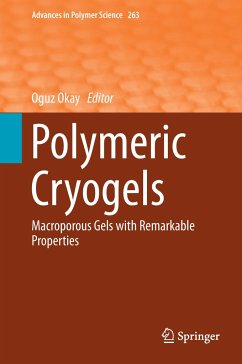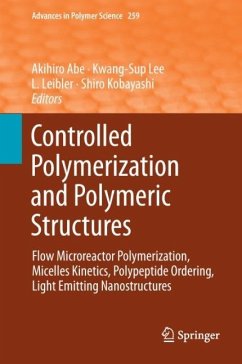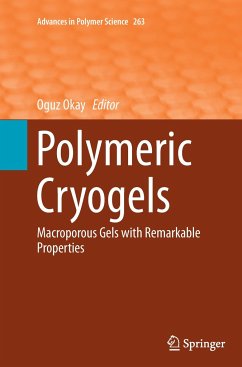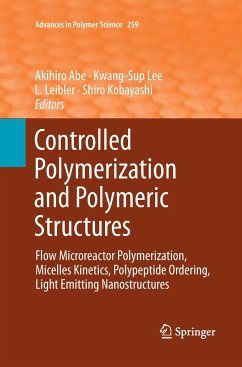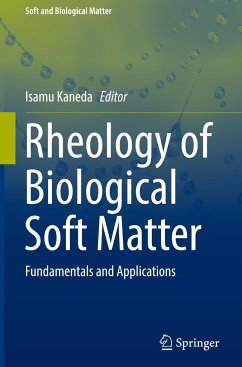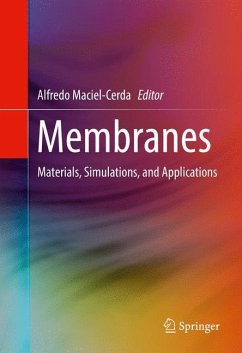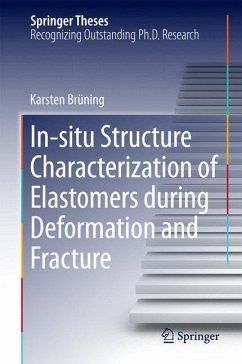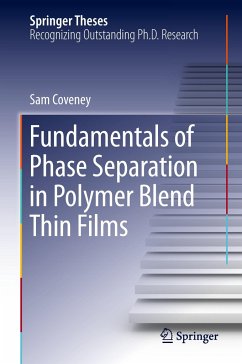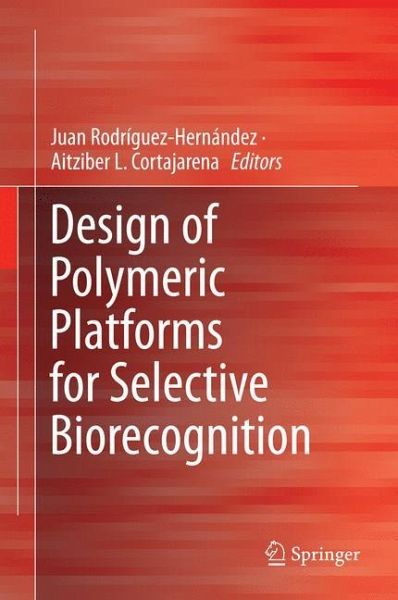
Design of Polymeric Platforms for Selective Biorecognition

PAYBACK Punkte
38 °P sammeln!
This book addresses in an integrated manner all the critical aspects for building the next generation of biorecognition platforms - from biomolecular recognition to surface fabrication. The most recent strategies reported to create surface nano and micropatterns are thoroughly analyzed. This book contains descriptions of the types of molecules immobilized at surfaces that can be used for specific biorecognition, how to immobilize them, and how to control their arrangement and functionality at the surface. Small molecules, peptides, proteins and oligonucleotides are at the core of the biorecogn...
This book addresses in an integrated manner all the critical aspects for building the next generation of biorecognition platforms - from biomolecular recognition to surface fabrication. The most recent strategies reported to create surface nano and micropatterns are thoroughly analyzed. This book contains descriptions of the types of molecules immobilized at surfaces that can be used for specific biorecognition, how to immobilize them, and how to control their arrangement and functionality at the surface. Small molecules, peptides, proteins and oligonucleotides are at the core of the biorecognition processes and will constitute a special part of this book. The authors include detailed information on biological processes, biomolecular screening, biosensing, diagnostic and detection devices, tissue engineering, development of biocompatible materials and biomedical devices.





